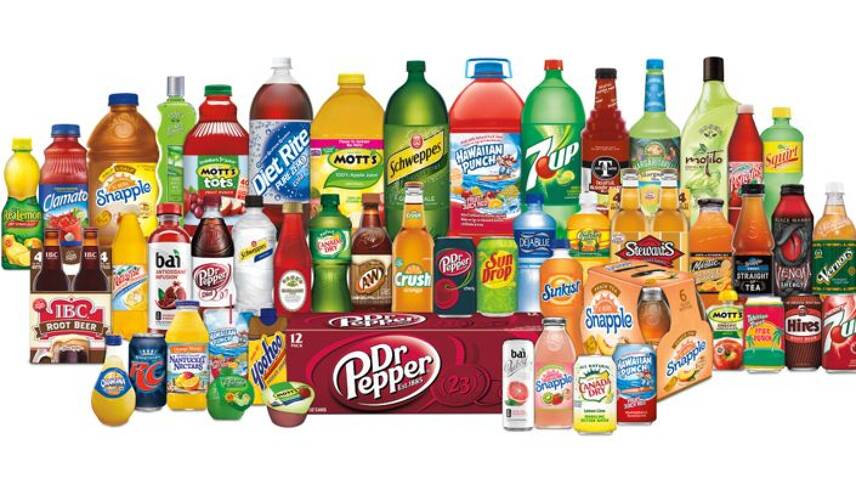Register for free and continue reading
Join our growing army of changemakers and get unlimited access to our premium content

The company owns brands such as 7UP
The strategy, which is the first CSR framework to have been developed since Keurig Green Mountain and Dr Pepper Snapple Group merged in 2018, commits the firm to The Ellen MacArthur Foundation’s Global New Plastics Economy Commitment. The Commitment aims to create a “new normal” for plastic packaging by eliminating single-use packaging materials, increasing the amount of reused or recycled plastics in new products and innovate to ensure 100% of plastic packaging can be reused, recycled, or composted by 2025.
As its first step as a member of the Commitment, Keurig Dr Pepper has pledged to ensure that 100% of its K-Cup coffee machine pods are classed as recyclable across all its global markets by 2020.
The company will also increase the amount of post-consumer recycled (PCR) plastic it purchases for use cross its packaging portfolio, where it is targeting 30% recycled content by 2025.
“As we formed Keurig Dr Pepper 11 months ago, we recognized the unique opportunity to assess our combined footprint, address the urgent issue of plastic waste in the environment and, ultimately, create a positive impact on the people and places we touch,” Keurig Dr Pepper’s chairman and chief executive Bob Gamgort said.
“We will seek opportunities to rapidly test, learn and apply to meet the urgent need for action.”
The move from Keurig Dr Pepper comes shortly after it became a founding member of WWF’s ReSource: Plastic initiative, which is aimed at helping businesses to translate their plastic reduction pledges into measurable impacts. Under the scheme, the firm has been given access to a digital platform which enables it to develop specific actions on the road to reaching their long-term, large-scale ambitions to reduce their reliance on single-use plastics.
McDonald’s, Procter & Gamble, Starbucks, Tetra Pak and The Coca-Cola Company are the initiative’s other founding members, with WWF hoping to garner the support of 100 companies as it progresses. The NGO believes that meeting this aim would prevent 10 million metric tonnes of plastic pollution annually.
“Keurig Dr Pepper’s leadership role within ReSource will strengthen the data-driven and collaborative foundation of the activation hub and will hopefully inspire a sea change across other companies as we work to stop the flow of plastic into nature,” WWF’s director of sustainability research and development Erin Simon added.
Wider impact
Away from plastics, Keurig Dr Pepper’s new strategy, entitled ‘Drink Well. Do Good’ also sets out 2025 targets across the fields of waste, carbon, water and human rights.
Key environmental commitments include sending zero waste to landfill; switching to 100% renewable energy and replenishing 100% of water use in areas of high water stress risk.
The company claims these moves will enable the company to set verified science-based targets in line with the Paris Agreement’s aims over the next 24 months.
On the ethical and social side of sustainability, the new strategy commits Keurig Dr Pepper to source 100% of its coffee from suppliers certified as responsible by 2020 and to ensure that no brewers are hired into the firm’s supply chain or direct operations under modern slavery circumstances. The target builds on an existing commitment to “significantly improve” the lives of one million supply chain workers by 2020, with Keurig Dr Pepper claiming that it is on track to meet this ambition, having reached 630,000+ people in coffee-growing communities to date.
Sarah George


Please login or Register to leave a comment.